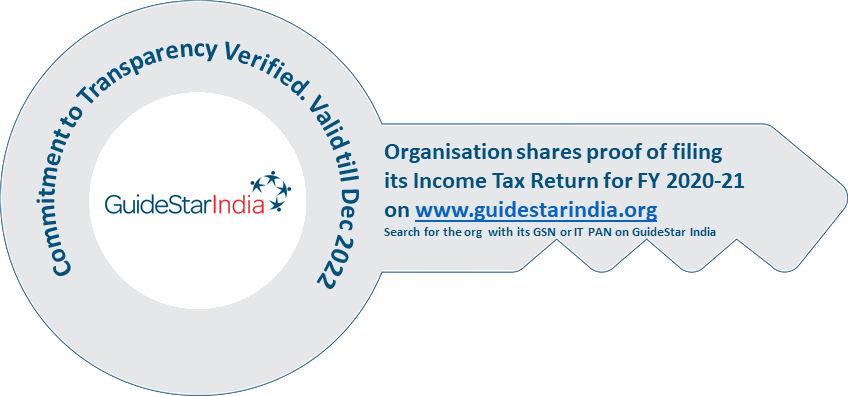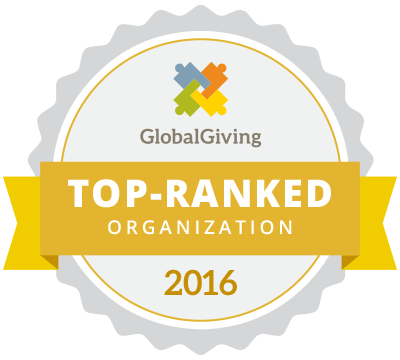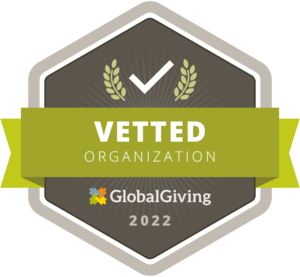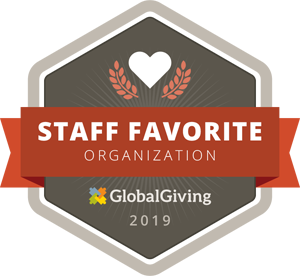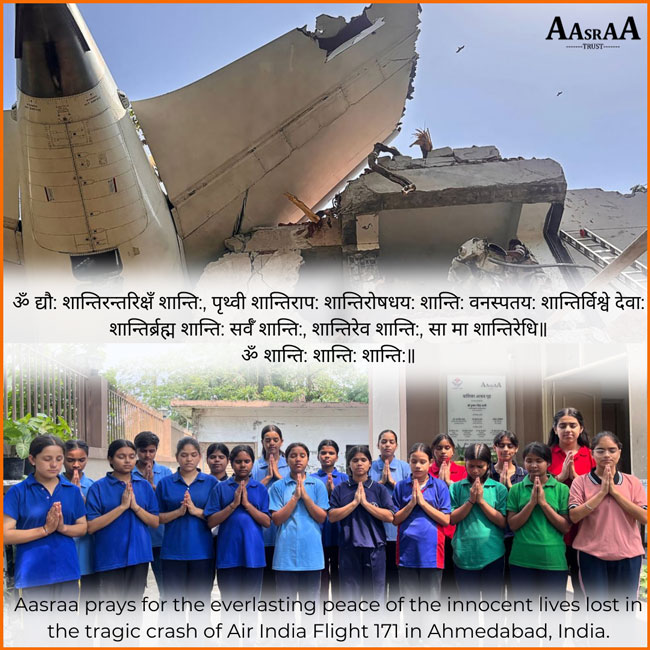
The tragic crash on June 12, 2025, involving Air India Flight AI-171, a Boeing 787-8 Dreamliner bound for London, claiming over 250 lives in Ahmedabad, India, was not only a moment of national mourning, but also one of global reflection. It brought into sharp focus an unsettling reality: despite all our technological advancement and formal education, something deeper and more essential is often missing. A collective moral compass.
Preliminary investigations into the crash are pointing not only to technical or human errors but to systemic gaps, oversights and ignored warnings. These were not the actions of uneducated individuals; they were made by highly trained professionals. And yet, the tragedy occurred. Why?
This isn’t just an Indian story. From aviation mishaps to corporate fraud, data privacy breaches, and public safety failures across the world, a pattern emerges; qualified (read educated) individuals making questionable choices. Globally, we have poured resources into education that prioritizes cognitive excellence but often neglects emotional and ethical development. We teach calculus and coding, but rarely kindness. We grade performance but not integrity.
In India, this dichotomy is especially stark. Our classrooms are filled with ambitious students chasing high scores, often through rote memorization, in a system that still equates merit with marks. But what is the value of a top rank if it does not translate into responsible action? What does it say about our priorities when a person can recite constitutional articles but still exploits others or ignores safety protocols?
The solution is not less education, but a redefinition of what education means.
As the world becomes more interconnected, the consequences of our actions ripple far and wide. One poor decision in a cockpit, boardroom or government office can impact hundreds or millions. We do not just need smarter leaders, engineers, and doctors, we need ethical ones. People with courage, clarity and conscience. A doctor, an engineer, or a space scientist is just those things…until they become an ethical doctor, an ethical engineer, or an ethical space scientist. That’s when they become truly great!
The Air India crash is a somber chapter in our shared story, but it can also be a turning point. A chance to look beyond textbooks and test scores, and ask ourselves: Are we teaching the next generation how to live with conscience?
If we want a safer, fairer and more compassionate world, then morals must matter as much as mathematics and character must count as much as competence.
Whatever is eventually discovered as the reason for the crash, it is indicative of unethical personnel. Let’s not wait for another tragedy to remind us of the very basic purpose of education.
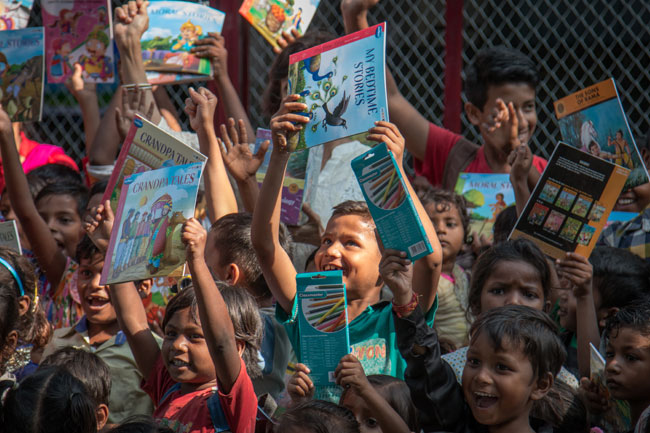
This is the space where organizations like Aasraa are making a profound change. They do not just offer education. Through quality and ethical education and life skills training, they nurture the kind of inner compass that encourages children to choose empathy over ego, safety over shortcuts and conscience over convenience.
Aasraa’s work is guided by the motto that the true learning is as much about becoming as it is about knowing. Whether providing holistic care to children from underserved backgrounds or skilling youth and guiding them towards healthier emotional development, they emphasize that moral intelligence is not something we could teach, it’s a necessity and that it should be inculcated in the very character of every single child.
By:
Rajeshwari Narsimha
Communication associate
Communication Department



